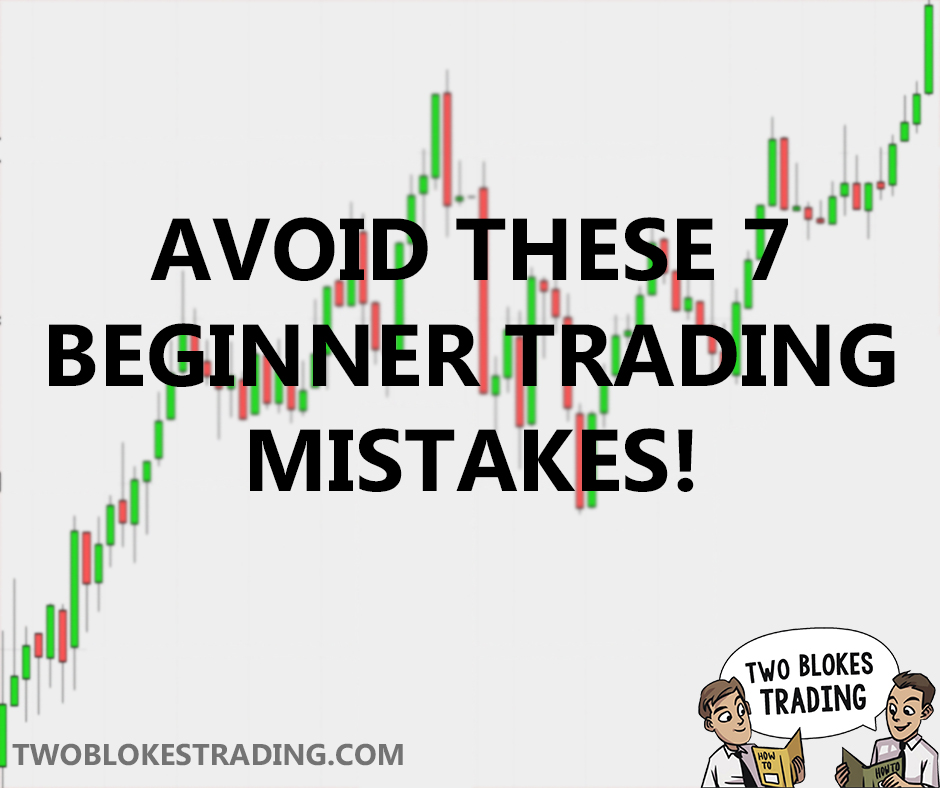- Trading with no stop losses. You can’t control how big your profits are, the market will trend as far as it does. However, you can control and limit the size of your losses with a stop loss and a carefully managed positions size. Not having an exit plan if you are wrong can be very expensive when a trend takes off against your position and you start hoping instead of just cutting your losses and moving on.
- Your opinion can cost you money. Trading your opinion against all other market participants can be very expensive. The market goes where it wants and when you disagree with where it is going it will cost you. Going with the flow in your time frame is the best way to make money. Fighting the flow of the market can be expensive.
- Egos are expensive things. Inflated egos cause a trader’s #1 priority to be proving they are right and refusing to admit when they are wrong. It is very expensive for ego gratification to be higher on a trader’s list than making money.
- Trading off predictions can cost a lot of money when they are wrong. There is more to be made by reacting to what the market is doing instead of predicting what you think it will do later. The future does not exist and it is expensive to pretend like it does.
- Stubbornness causes small losses to become big losses. It causes a trader to make the same mistake over and over because they do not assimilate feedback. Instead they keep doing the same thing over and over and expect different results but keep getting the same results. Stubbornness is expensive.
- Not having an exit strategy for a winning trade can be very expensive. It is possible to ride a big winning trade back to even. If there is no plan to lock in profits while they are there a winning trade can even turn into a big loser. Trailing stops and targets can put the profits in the bank.
- Trading too big of position sizes for your account can be very costly because no manner how good your winning trades are you are set up to give back the profits with a few big losing trades in a row.
The original article posted by Steve Burns appears on newtraderu.com and is available here.
Back during my schooling years, I studied the same problem again and again so as not to make the same mistake come exam time.
Problem was, I was horrible at application.
If the exact question came out in the exam, I killed it.
But that rarely happened. The question was always worded differently and confused the heck out of me.
I screwed up similar questions time after time simply because I couldn’t adapt what I had studied to the current version of the question.
Isn’t the market like this?
You make investment mistakes and in order to make sure you get it right next time, you focus and tell yourself you won’t make the same mistake again.
But how often does the market offer the exact same situation?
Rarely.
Continue Reading →

Investment pundits – ourselves included – write a lot about how checking your portfolio too frequently is hazardous to both your financial and mental health. The evidence is overwhelming that those who check their portfolios on a daily basis tend to underperform those who check their portfolios less frequently.
The reason is simple: On any given day, there’s almost a 50-50 chance the market will be up or down. Because people dislike losses more than they enjoy gains – a behavioral finding known as loss aversion – people who check their portfolios daily find the process painful. And just like your gut reaction to pain is to draw away from the source of that pain, your gut reaction to seeing an investment lose money is to make a change. To sell. To panic. To act.
Changing your portfolio, or market timing as our Chief Investment Officer, Dr. Burton Malkiel calls it, is an investor’s Most Serious Mistake.
So what’s the solution? Just check your portfolio less often, right?
Unfortunately, things really don’t get much better if you check less frequently.
Continue Reading →

When you first start trading, the most likely short term outcome bar far is that you will blow up account.And then quit. But it doesn’t have to be this way! If you avoid these simple beginner trading mistakes then I guarantee that you will have a better shot at trading long enough to become consistently profitable.
Ninety percent of traders lose ninety percent of their money in ninety days. Or so we are told. No one really knows if that is true. Avoid these 7 beginner trading mistakes and hopefully you will avoid become a trading casualty statistic!
-
Trading too large
Blowing up your account need not be inevitable. But if you insist on risking five, ten, twenty…even one hundred percent of your account on your first trade, I can almost guarantee you that you will eliminate your trading account long before the ninety days are up.
Continue Reading →
This post originally appeared here and is by Mastermind, Sana Securities.
Meeting with individual investors over the years has taught me much about investing mistakes. No matter how you classify investors (i.e. fundamental, technical or confused), the mistakes they make are almost invariably identical.
While some mistakes are the result of simply not knowing what to do, many are the results of either (i) losing interest; or (ii) getting overly greedy or fearful, particularly when the tide turns. In either case, much money is lost when people assume things will simply take care of themselves.
Continue Reading →







